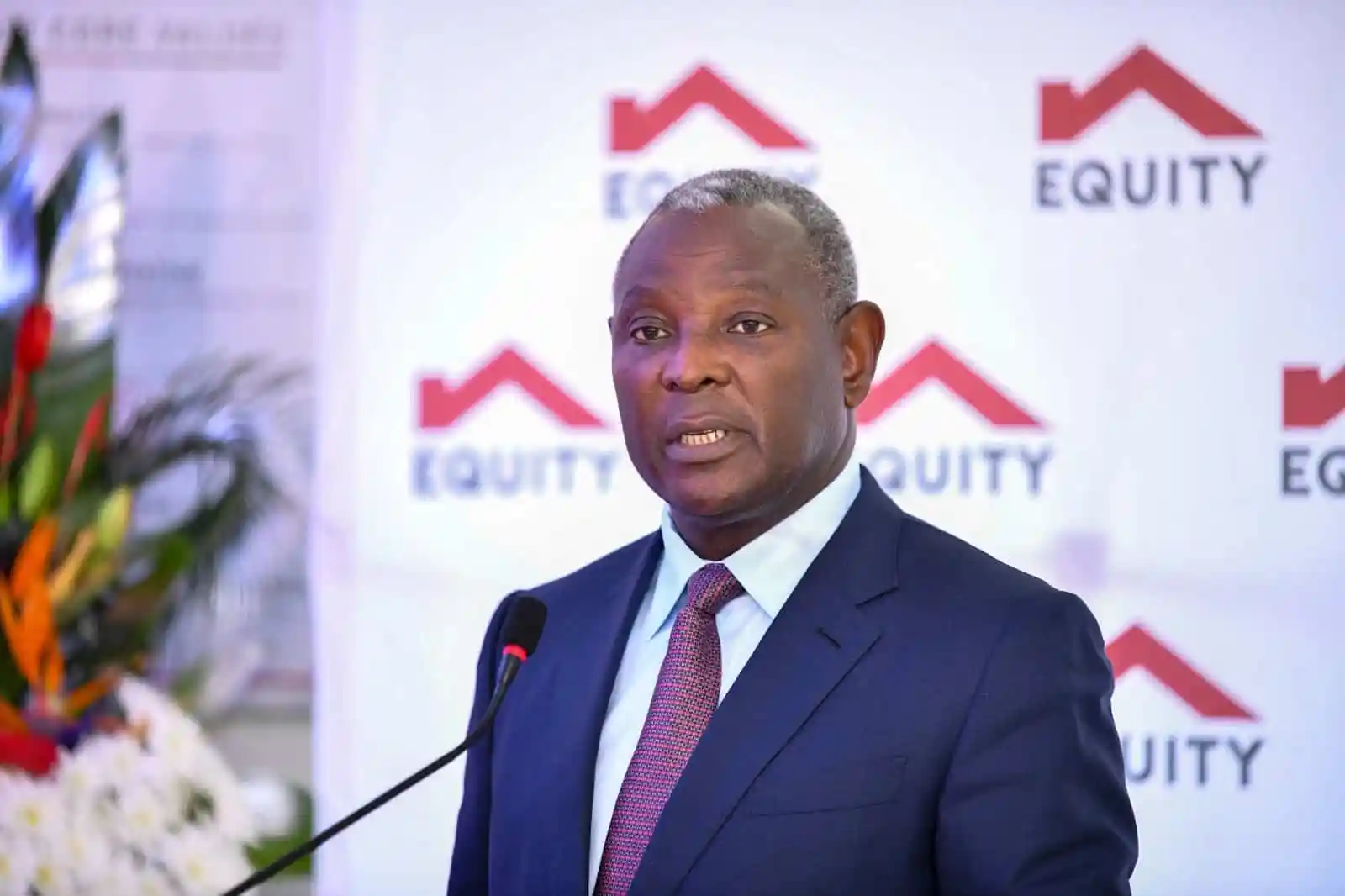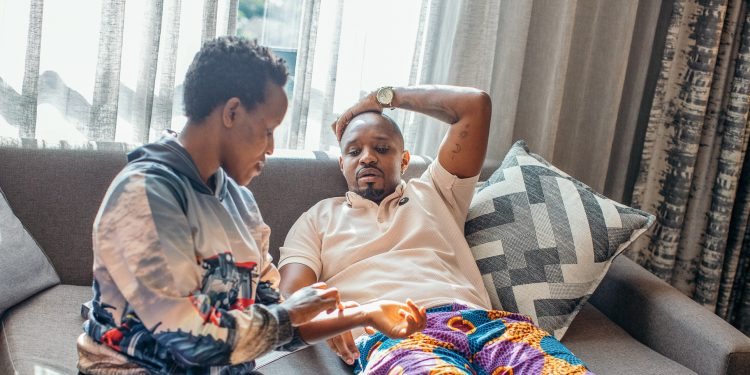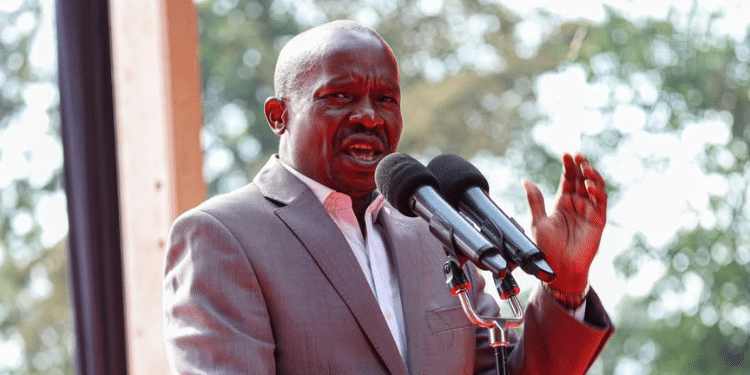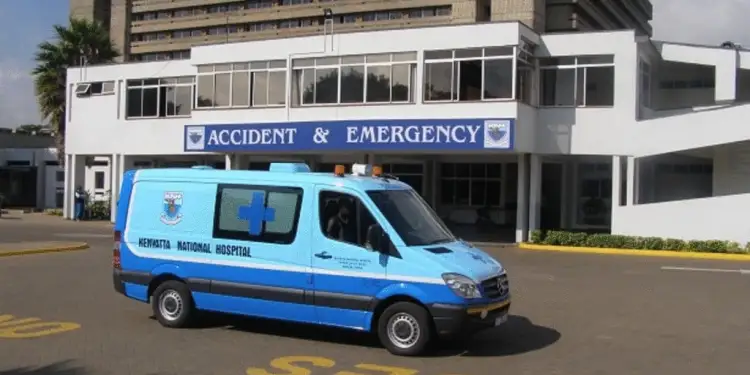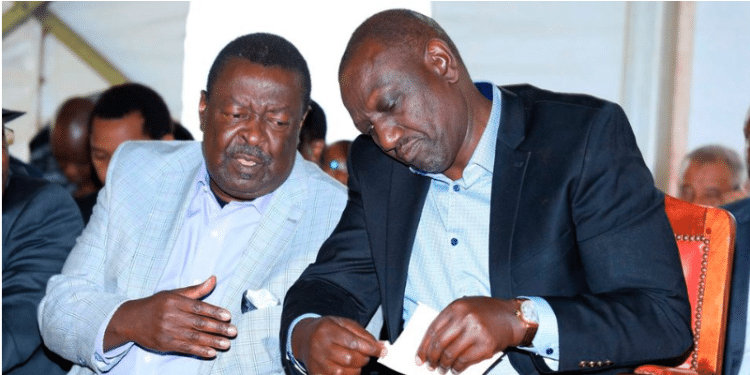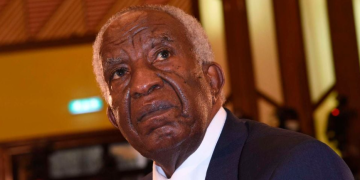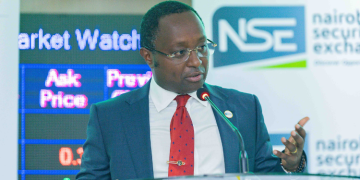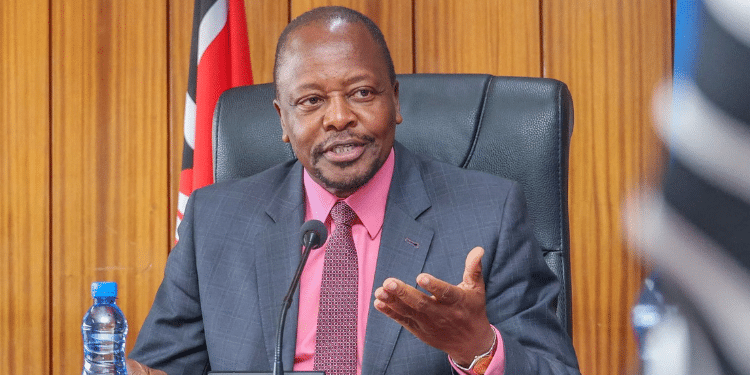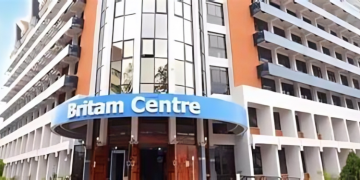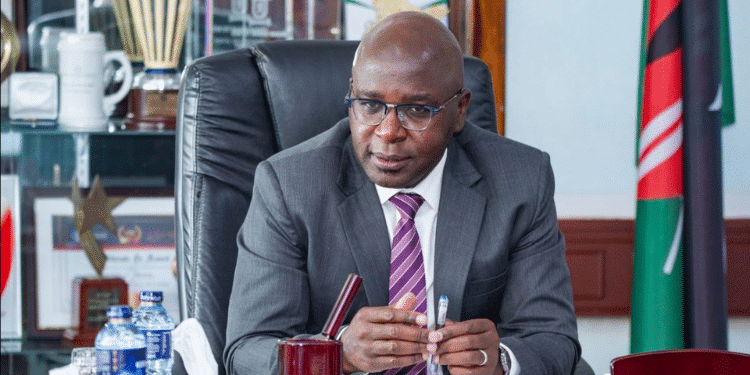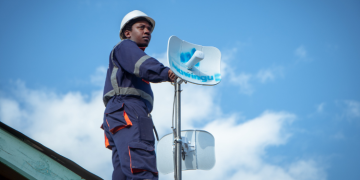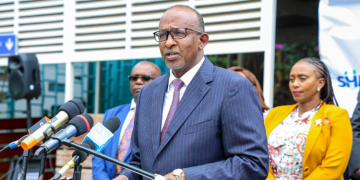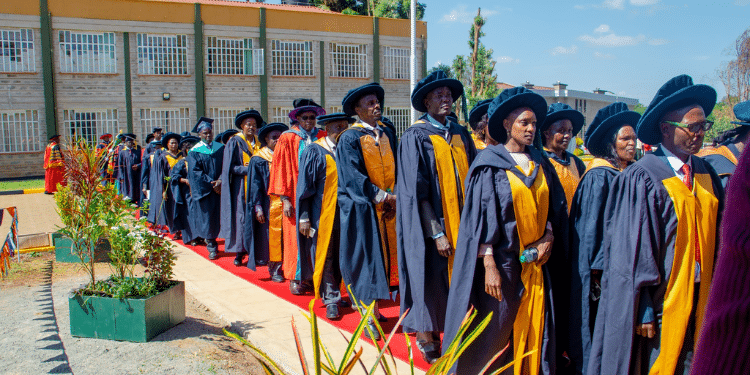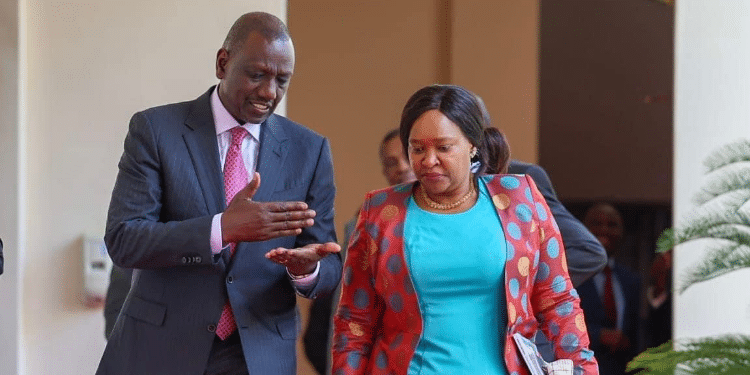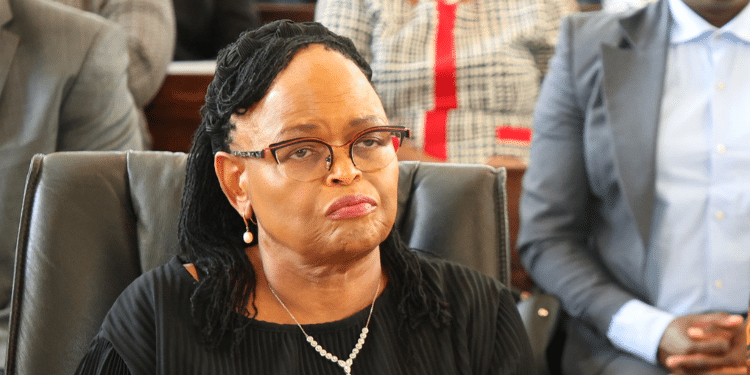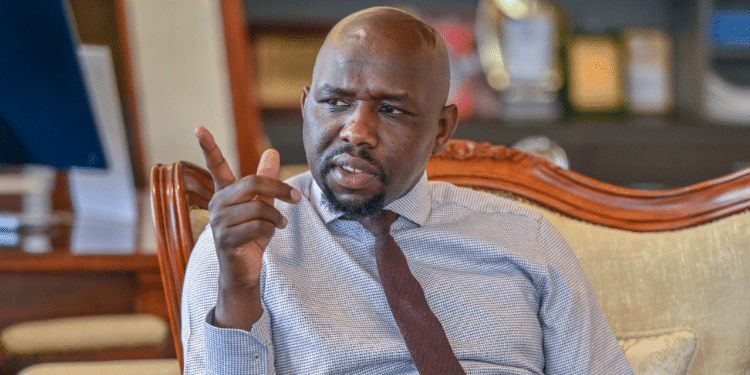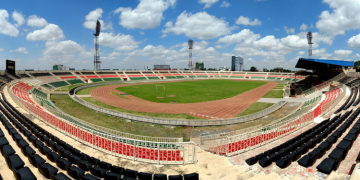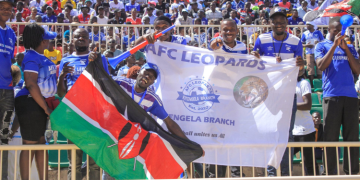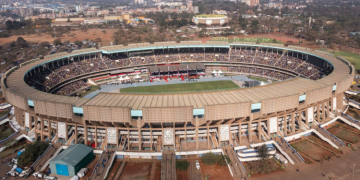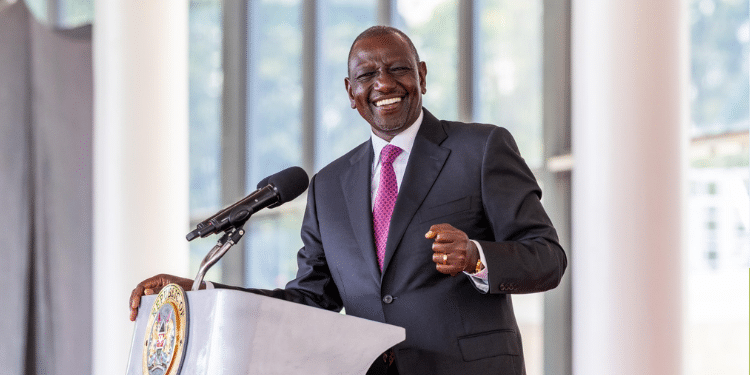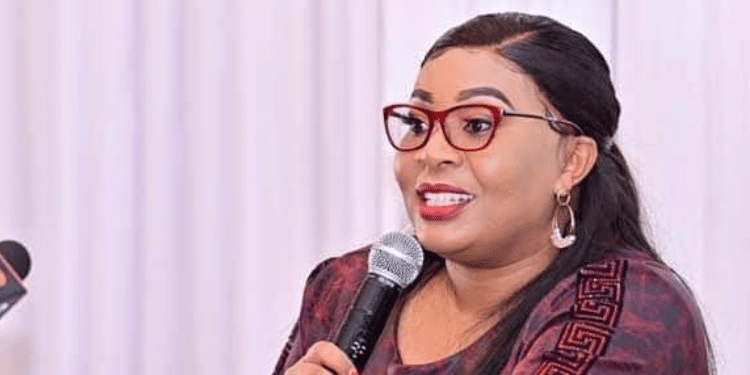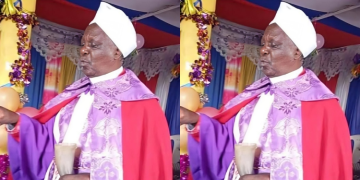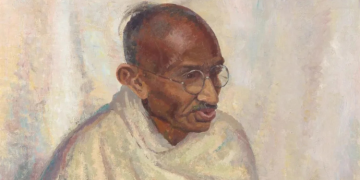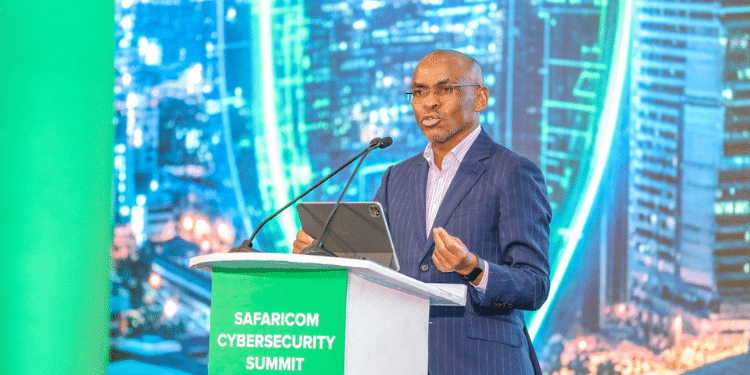Giant telco Safaricom’s half-year profit to September 2024 has significantly dropped to Ksh 28.1 billion from Ksh 34.1 billion. The 17.7 per cent fall by Safaricom is attributed to the depreciation of the birr, the Ethiopian currency as displayed by their post in their socials on Thursday, November 7, 2024.
The telecommunications company had to revalue its liabilities, including leasing agreements and foreign currency borrowings, following a 17.5-billion-shilling impact from a 106.3% depreciation of the Ethiopian birr last year.
However, the Kenyan telco business helped mitigate the decline, with service revenues rising 12.9 per cent to Ksh 177.5 billion over the six months.
At the same time, M-Pesa revenues improved from 73.7 billion to Ksh 77.2 billion on customer-improved usage.

“Merchant services grew with Lipa na M-PESA up by 5.2% and Pochi La Biashara customers doubling to 869,000. M-PESA’s super apps are evolving into everyday essentials, with 12.1 million downloads and 400 million transactions,” Safaricom Chief Finance Officer Dilip Pal explained in a statement on social media.
Moreover, connectivity revenues, encompassing voice, mobile data, and fixed data, increased to Ksh 91.3 billion, up from Ksh 90.8 billion.
Similarly, the growth in connectivity was wrought through improved usage and average revenue per customer.
Also Read: Safaricom Call Revenue Drops in Half-Year Results
Safaricom PLC Optimism
Safaricom PLC chief executive officer, Peter Ndegwa, however, has manifested optimism as the telco works towards realizing its 2030 vision. “We are accelerating digital transformation, simplifying customer journeys with secure services, and strengthening our focus on new growth areas like fixed and enterprise businesses,” Ndegwa said.
Further, he added, “Our journey to becoming Africa’s leading purpose-led tech company is built on delivering personalized services powered by Artificial Intelligence (AI) and big data while continuing to innovate in the public sector, digital services, and Ethiopia. The future is bright!”
Nevertheless, he affirmed that the performance remains steady despite the challenges in the Ethiopian business.
Furthermore, Dilip noted that Safaricom’s strong growth continues with Group Capital Expenditure (CAPEX) at Ksh 58.7 billion, 47.5 per cent driven by Ethiopia.
Despite foreign exchange challenges, Kenya’s net income rose by 14.1 per cent. The group’s net income grew by 10.3 per cent on a constant currency basis, reflecting solid performance.
Also Read: Safaricom’s Net Profit Drops
Safaricom’s Financials
The chief finance executive Dilip Pal hinted that the company’s finance costs rose by 26.1 per cent year over year (YoY) due to higher interest rates.
“However, we have reduced our debt by 10.1 per cent to Ksh 80.7 billion, focusing on local currency debt to manage foreign exchange (FX) risks,” Pal noted.
Additionally, it was noted that the company secured a Ksh 30 billion sustainability-linked loan at favourable rates to meet its sustainability targets.
Their Net Debt to Earnings Before Interest, Taxes, Depreciation, and Amortization (EBITDA) ratio remains strong at 0.28, comparing well globally.
Follow our WhatsApp Channel and join our WhatsApp Group for real-time news updates


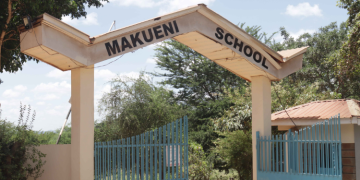
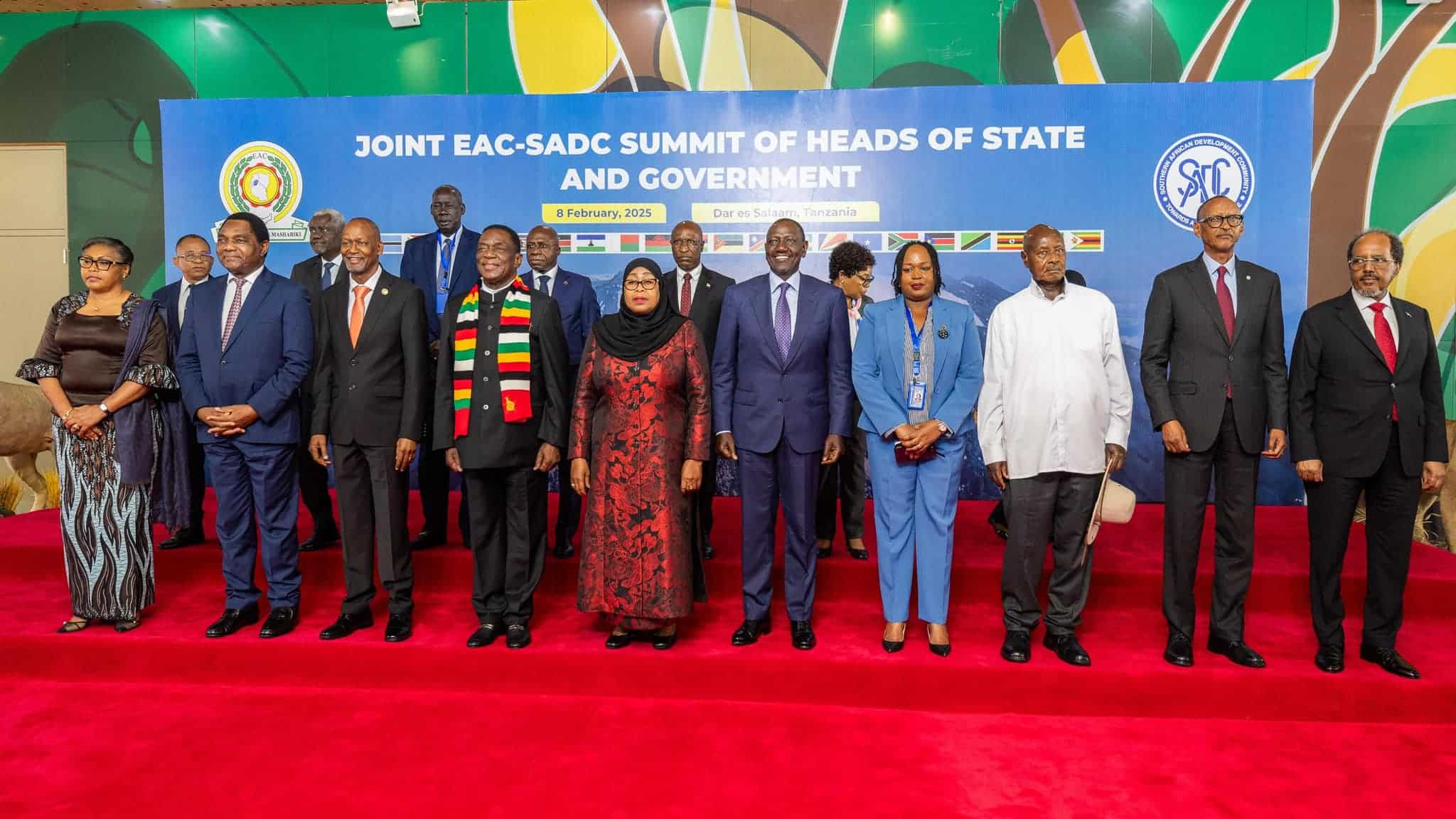
![Debate Rages Over Proposed Increase In Legal Drinking Age [Video] Nacada Raises Legal Drinking Age From 18 To 21]( https://thekenyatimescdn-ese7d3e7ghdnbfa9.z01.azurefd.net/prodimages/uploads/2025/07/beer-360x180.jpg)
